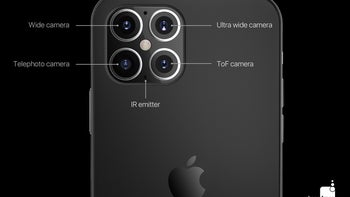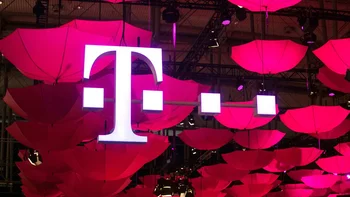New Face ID and IKEA scanner lined up for the iPhone 12

We'v been hearing that Apple is going to miniaturize the Face ID recognition module that brought on the infamous notch design for a while now, and 2020 will be the time, it seems, three years after the iPhone X ushered in the controversial cutout looks.

Barclay's semiconductor analysts basically confirmed that for CNBC and also what chief Apple rumor clairvoyant Ming-Chi Kuo claimed in previous memos to clients - that the iPhone 12 Pro and Pro Max will have 3D depth-sensing cameras.
- iPhone 13 price, release date, features, and specs
Remember that IKEA augmented reality app that lets you imagine your room plastered with their furniture all over the place? Well, the new iPhones will be able to take advantage of that.

We kid, but the structured light kit that Face ID uses is about 10x inferior to 3D depth-sensing cameras, also called time-of-flight (ToF) sensors, both in the number of dots projected and bounced back off the scanned objects, and in the distance measured. That's ten feet instead of one foot in favor of ToF cameras, which can also be used for better portrati shots, and for leveraging Apple's ARKit that has been long time in the making.
Flagship Android phones have had ToF cameras for a while now, and Samsung is also expected to include such sensors in its upcoming Galaxy S20 family of high-end handsets. After Apple employs AR/VR in earnest for its popular phones, the field is likely to explode, as has already happened with many lanfuishing technologies before the fruit company takes them into account.
As to how will the "refreshed" Face ID module differ from the current notch-y state of affairs, remains to be seen. Apple did invest a bunch in Finisar, a US maker of the mapping sensors that the TrueDepth camera kit on the iPhones uses for Face ID, Animoji, and other shenanigans, while AirPods use it for proximity sensing. The cool $390 million mean that it is with Finisar for the long haul.
The 3D sensor makers have subsequently unveiled way more miniaturized and capable versions that could result in both more compact iPhone 12 notches and faster scanning which could be what Barclay's analysts mean with the "refreshed" Face ID module tip for Apple's upcoming 2020 handsets.













Things that are NOT allowed: